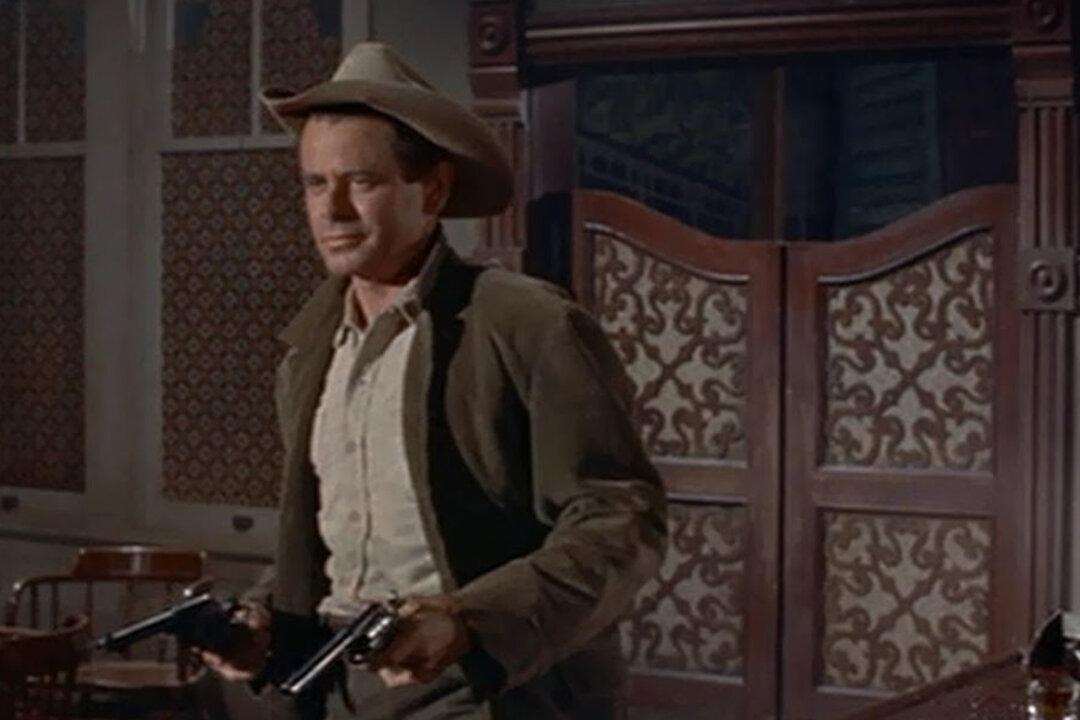NR | 1h 36m | Western | 1955
After immersing myself in Western films, I’ve recognized that certain men possess an innate authenticity to portray cowboys. A standout is Canadian actor Glenn Ford, whose versatility shines through in his portrayal of ordinary men thrust into extraordinary circumstances. This lends itself well to the Western genre, where an individual’s courage, and sometimes audacity, often triumph over adversities, whether human or environmental.






